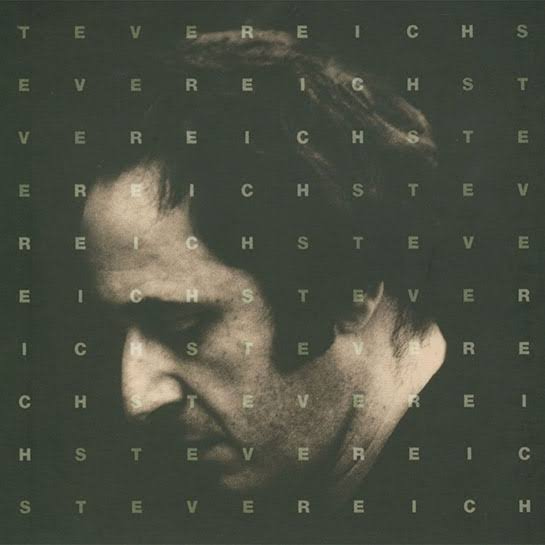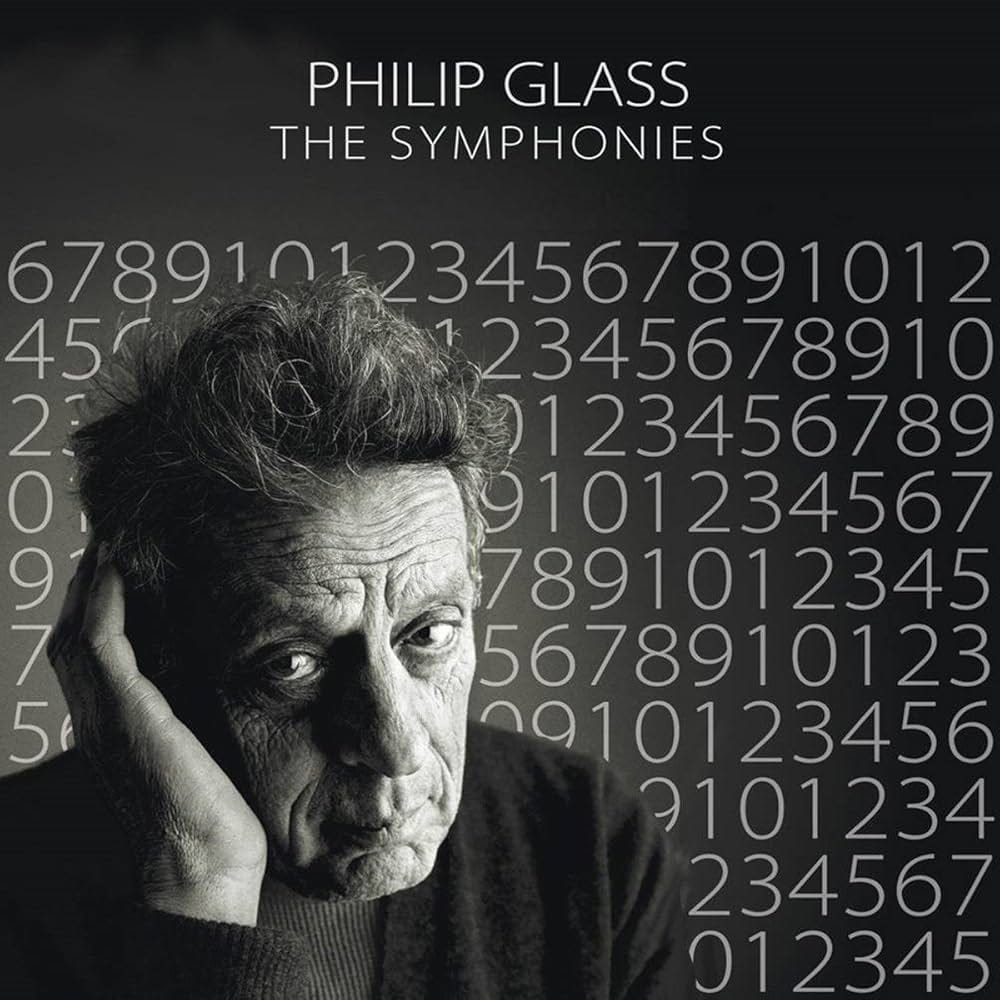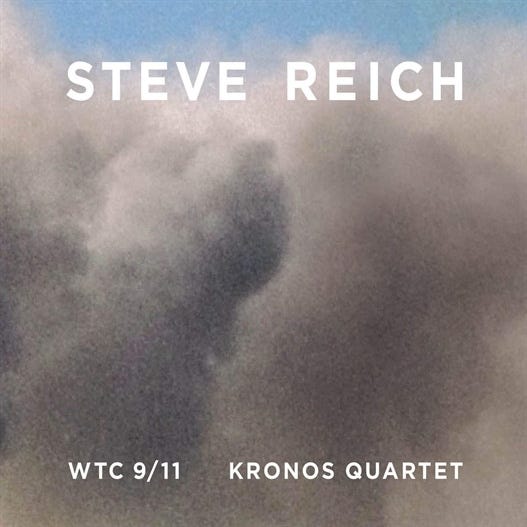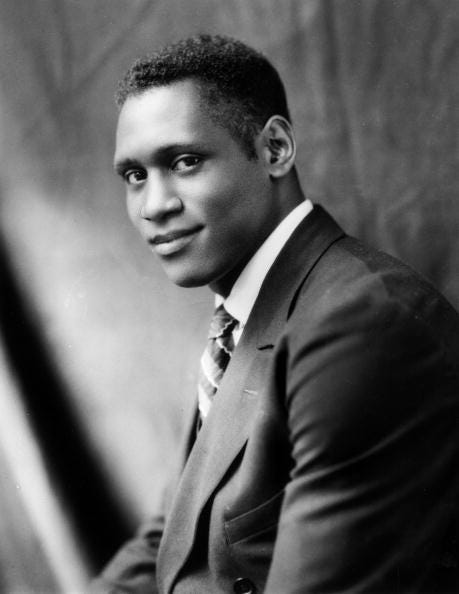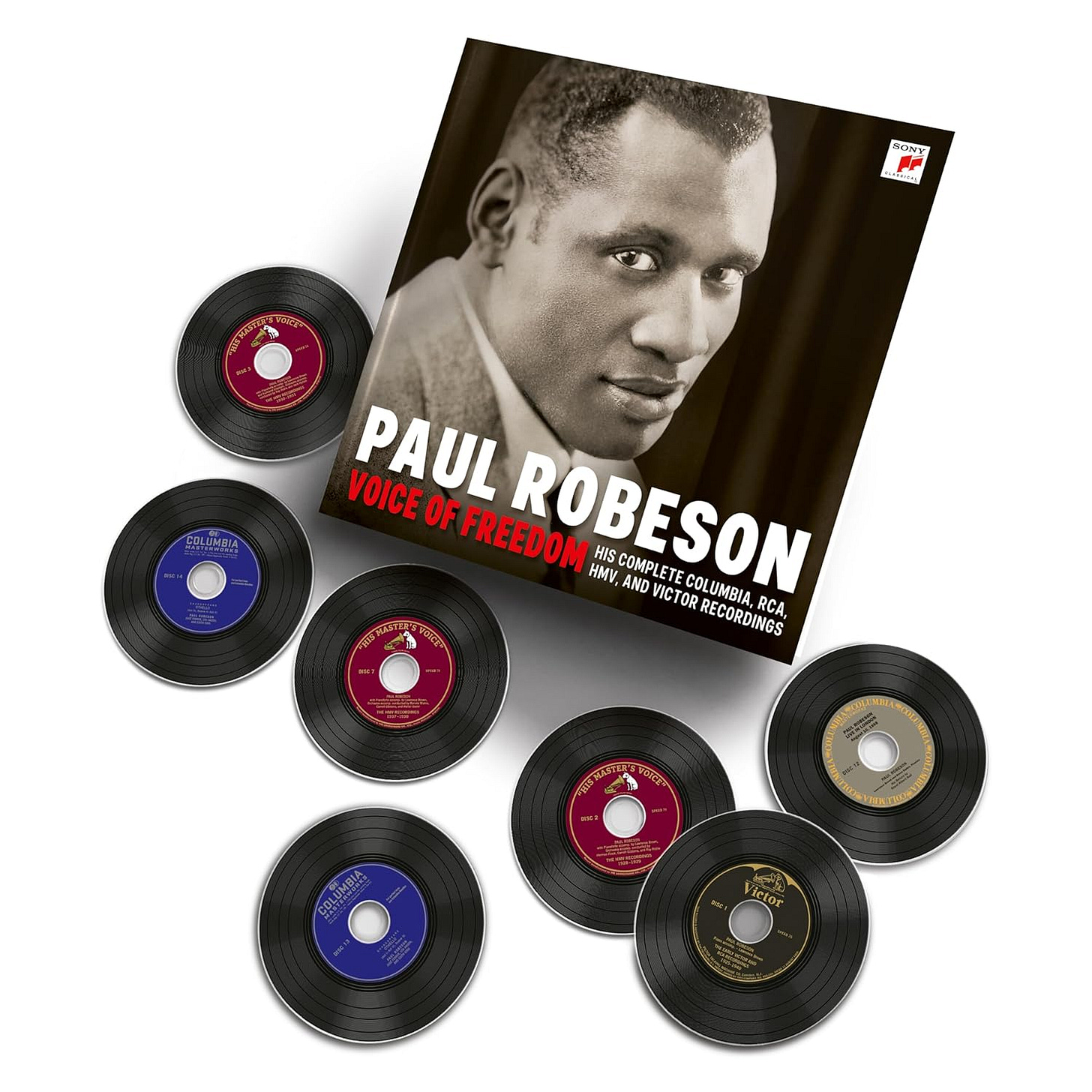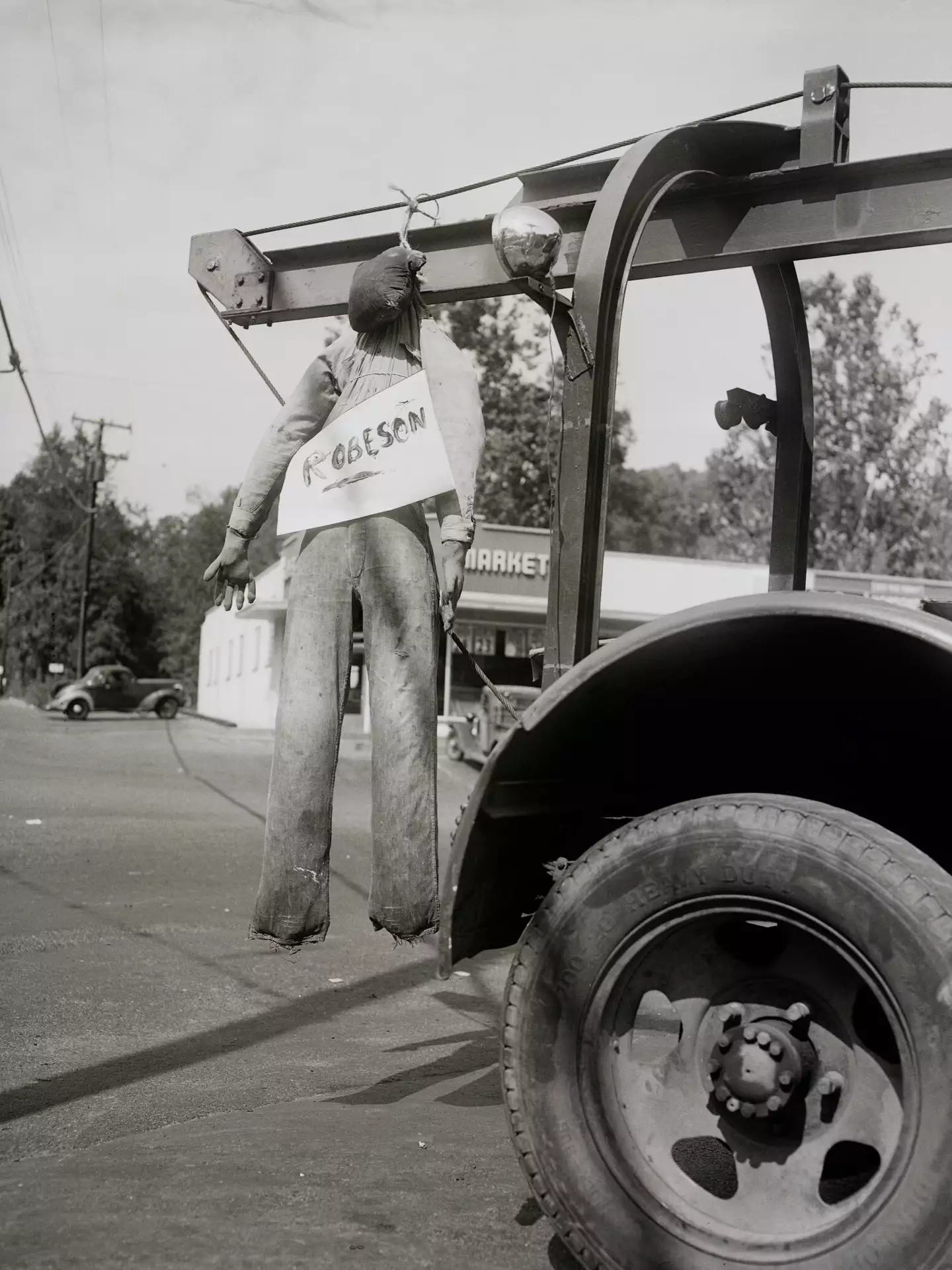Paul Robeson
A heroic American artist
(For Labor Day, I almost wrote about this asshole who manufactures AI music and the people who pay him/pay for it, but fuck man, it’s just too much. So I’m republishing an evergreen on one of the great Americans, Paul Robeson, free for all.)
IMPORTANT NOTE: New annual subscription giveaway ends as midnight, EST. A new annual subscription puts you in to a drawing for one of three great prizes:
Steve Reich: Works 1965-1995
Philip Glass: The Symphonies (Nos. 1-10) (currently out of print)
Kronos Quartet, Steve Reich: WTC 9/11 / Mallet Quartet / Dance Patterns + DVD
All new subscribers from May 1 will be included in a random drawing of three names on September 2. First selected gets the first choice of one of the above, second selected gets their choice of the two albums that remain, third selected gets the final album.
Paul Robeson was the real deal. Really, he was so much more. The toxic miasma of hashtag activism, podcast bros, and the resentment craving, self-styled martyrs of this chimera called “cancel culture” can make it hard to see that there have been real victims of government censorship (which is really the only kind, everything else is just a type of capitalism you don’t enjoy) who were also towering artists who put their careers on the line to make life better for other people. That was Robeson.
Permanently Right
The son of a freed slave, he was a singer (opera, pop, folk, gospel, etc, brilliant in each), and a theater actor and movie star, and a professional football player, and a genuine leftist political and labor activist. He raised money for the Republican cause in the Spanish Civil War, becoming one of those Americans labeled a “Premature Anti-Fascist” and later stripped of his passport and blacklisted during the McCarthy era. He was part of an essential generation who pioneered what has become the worst sin in modern political culture, which is to be exactly right about something, but to be so not only before the obdurate consensus catches up (if it ever does), but do to so as the wrong sort of person—the wrong socio-economic background, the wrong schooling, the wrong connections, the wrong skin color. Robeson, because of his skin and his politics, was all wrong. But in all the right ways.
This clip from the British Film Institute is a concentrated and deep look at who he was, what he did, and what he meant to people—this is not just details of his career but his status and companionship with white working people in Europe (and American, of course):
And, for them and for us this Labor Day weekend, he sings “Joe Hill.”
Permanently Here
The accidents of history meant that Robeson was part of the Harlem Renaissance, faced fascism and supported civil rights and labor movements, and that there was sound and visual medium to capture the man at his best (here’s a fine short documentary on him on film and the complex and even irreconcilable position Robeson was in as Black star). And now we have this document:
Out today is Paul Robeson Voice of Freedom – The Complete Columbia, RCA, HMV, and Victor Recordings, a wonderful and beautifully produced set from Sony Classical. The music is just part of this album. In a large-format hardbound album case, this has an illustrated 160-page book with essays and complete notes on the recordings, and a collection of photographs that show Robeson through the years, and also of racist protests against him and a powerful picture of him performing outdoors in Peekskill in 1949 (here’s a story on that and the riots in the town) with union members sitting around the stage facing the audience in order to shield him from the threat of snipers. Think about that …
Sixty years before the Tea Party
Permanently Meaningful
If you know his classic album, Songs of Free Men, you already have a good handle not only on his musicianship but his social politics. Robeson was an exquisite singer, his bass-baritone voice was like a French horn, with enormous presence even at the softest dynamic and a gentle surface. His phrasing was always simple, straightforward, and carried the utmost expressive focus with the least means. When Robeson sang, the meaning was pure and profound. Give this a listen:
That’s the musical quality of this collection, from the very first moment of the first disc, when he sings the spiritual “Were You There?” These tracks are tremendously moving, the man and the material meeting at an exalted point. Robeson also carries the listener through hokey patriotic propaganda material—although it’s a valuable reminder that leftist, pro-American patriotism was a substantial and driving political force before and during WWII, and has never really gone away even as it has been drowned out by simplistic thinking on the right, center, and today’s self-appointed socialists—although it can’t salve the pain of some particularly racist lyrics that were part of the American popular songbook from the mid-19th century up through the 1930s (some of which is on these recordings).
The early Victor recordings are on CD here for the first time, along with many more tracks. There are two stunning live performance from 1958, one at Mother A.M.E. Zion Church, New York and the other from the Royal Albert Hall, which have never been released before and are the kind of moving, humane music making that will stop you in your tracks. And there’s more than music: the famous 1944 Othello stage production with Uta Hagen and José Ferrer is collected in here. In short, this is fantastic music making, about America and humanity in the best ways and an essential document of this country’s culture.
One other point to make is that this is timeless music making, the audio may be dated but this would have been relevant and meaningful 2000 years ago, and will be if civilization exists in another 2000 years. And it’s also an essential segment in the revolutionary quality of Black music in America, how there is no real dividing line between genres, between past and present, and even between the traditional and the avant-garde. I leave you with this marvelous piece of avant-garde composition from Rahsaan Roland Kirk, where he uses Robeson’s Othello recording for a piece of musique concrète inserted into a mournful meditation on, well, let’s call it life:
Best for the holiday.


